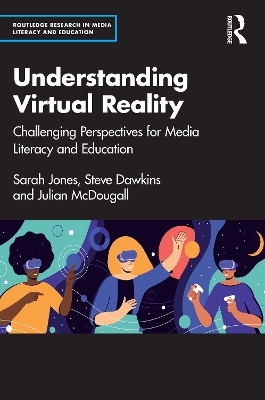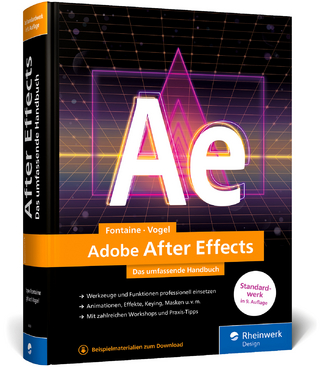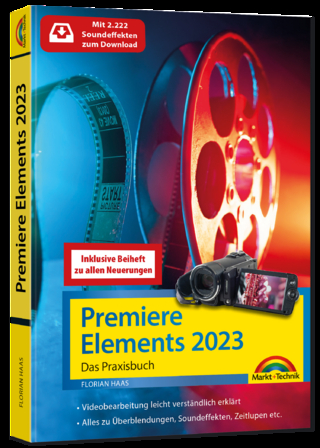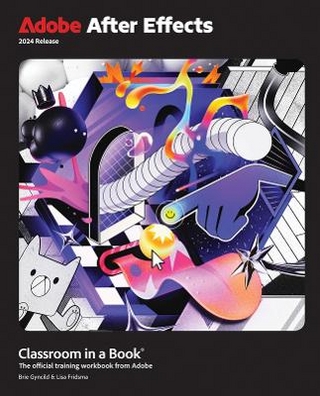
Understanding Virtual Reality
Routledge (Verlag)
978-1-032-06103-0 (ISBN)
With a focus on empathy, embodiment and ethics, the book interrogates the use of immersive technologies for formal and informal educational contexts. Taking a critical approach to discourses around emerging technology and learning, the book presents the idea that a new literacy is emerging and an emphasis on media and technology is needed in the context of education to explore and experience cultural diversities. Employing a personal reflexive narrative, the chapters highlight key issues through research and interviews with leading practitioners in the field.
Understanding Virtual Reality will be of great interest to academics and students interested in the effects of immersive realities on the education experience, and to anyone keen on exploring the paradigm shift from entertainment to education.
Sarah Jones is continually excited about new technologies and how they can help us think about future media, future education and different ways of understanding. She holds a PhD in Immersive Storytelling and has published extensively on virtual and augmented reality, whilst continuing to make and create immersive experiences. She has advised the UK Government on Immersive Technologies, contributing to evidence around the ethics of being in virtual spaces. Steve Dawkins is an educator with a background in media education. He has worked at Coventry University in the UK for 20+ years teaching around a range of media, primarily time-based but, increasingly, the production and distribution of content for immersive experiences and those experiences. He is completing a PhD by Publication on experiences of immersive media using a portfolio of outputs that includes original 360-degree documentaries, book chapters and journal articles. Julian McDougall is a professor in Media and Education, Head of the Centre for Excellence in Media Practice and Principal Fellow of Advance HE. He runs the Professional Doctorate (Ed D) in Creative and Media Education at Bournemouth University, UK, and convenes the annual Global Media Education Summit. He is co-editor of the Routledge Research in Media Literacy and Education book series.
List of Contributors; Preface; Acknowledgements; Introduction; Part I: Introducing Reality; 1. The Virtual Archives; 2. The Virtual Space; 3. A Multitude of Literacies; Part II: Understanding VR; 4. Understanding VR; 5. Virtual Encounters; 6. Understanding VR Audiences; 7. Teaching XR: Digital Inequalities and Education; 8. How to Use Social VR in Higher Education: Case Study of JUXYR Campus in Finland; 9. The Moral Metaverse: Establishing an Ethical Foundation for XR Design; 10. “Unruly Encounters”: Literacies of Error in Immersive Virtual Environments; 11. A Virtual Journey Towards New Literacies; Part III: An Immersive Literacy; 12. Presenting New Literacies; 13. Into the Metaverse
| Erscheinungsdatum | 16.12.2022 |
|---|---|
| Reihe/Serie | Routledge Research in Media Literacy and Education |
| Zusatzinfo | 6 Tables, black and white; 1 Line drawings, black and white; 1 Halftones, black and white; 2 Illustrations, black and white |
| Verlagsort | London |
| Sprache | englisch |
| Maße | 156 x 234 mm |
| Gewicht | 1020 g |
| Themenwelt | Kunst / Musik / Theater |
| Informatik ► Grafik / Design ► Film- / Video-Bearbeitung | |
| Sozialwissenschaften ► Kommunikation / Medien ► Medienwissenschaft | |
| ISBN-10 | 1-032-06103-0 / 1032061030 |
| ISBN-13 | 978-1-032-06103-0 / 9781032061030 |
| Zustand | Neuware |
| Informationen gemäß Produktsicherheitsverordnung (GPSR) | |
| Haben Sie eine Frage zum Produkt? |
aus dem Bereich


